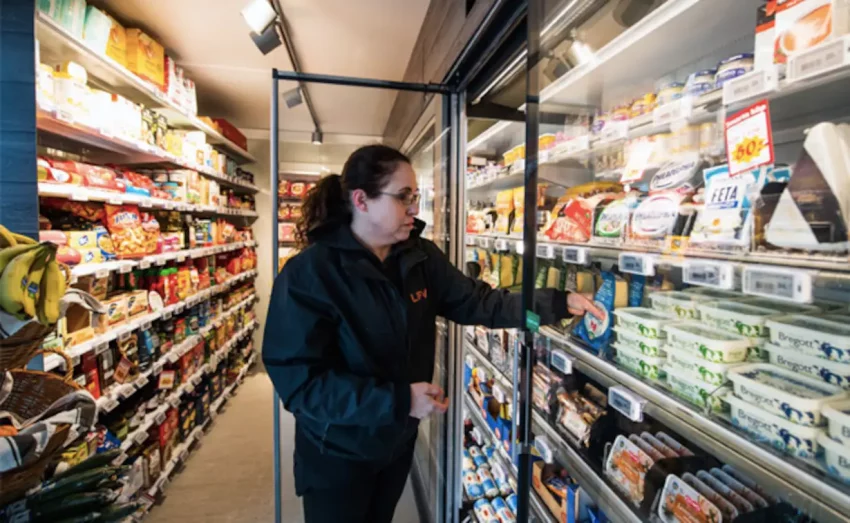At any point asked why some store inside plans are simply so confounding? This cause you to get more things you don’t actually require before you really arrive at the your ideal thing’s area? You need to go to the fish market area, however you wind up purchasing chips you needn’t bother with. That is not unintentional – that is only one stunt supermarkets use to cause you to spend more.
The following are 7 smooth and slippery methodologies Supermarket retailers use to control your spending conduct and how to keep away from them to set aside cash this Christmas season.
1. Deal, deal, deal
Did I simply hear deal? Individuals are handily drawn to red standards, cautioning a gigantic deal you can’t miss.
The idea is called misfortune pioneer evaluating – a stunt of selling items beneath its standard value not to support deals but rather to tempt shoppers. Retailers will drop costs assuming that implies acquiring you to burn through cash. When you’re in the store and you spot a few yellow labels with tempting strike-through costs, you’ll wind up buying a couple of things that aren’t discounted.
2. Costs one penny shy of an entire number
The slight distinction of one penny can transform a window customer into a genuine customer. The enchanted behind these “beguile costs” labels is known as the left-digit impact. Individuals read from left to right and they’re bound to enroll the principal number. Consequently, things seem less expensive than they truly are.
3. Distraction Valuing
Suppose you will purchase a can of popcorn. The little can costs $3 and the enormous pail costs $7. You could feel that the huge one is costly, so you’ll agree to the more modest. In any case, assuming that you see that there’s a medium size that costs $6, you’ll presume that it would be a more shrewd decision to purchase the huge one all things being equal.
Bait evaluating builds deals of high-benefit things by making different forms of the item simply to cause the costly variants to seem prudent by correlation. So in the event that a clerk in a cheap food tie requests that you “go enormous” for only one dollar, contemplate this idea.
4. Misguided feeling of desperation
Something that says “purchase now or think twice about it until the end of your life” consistently gets us.
The “shortage impact” stunt is immortal. The item is introduced as either a piece of a “restricted time offer” or as a thing with an exceptionally restricted stock. The misguided feeling of direness drives you to make a “presently or never” choice, which is much of the time an unfortunate choice.
5. Supermarkets Offer Purchase x get x FREE
Individuals are constantly attracted to “free.” The catch is retailers cause you to feel like it’s compulsory to twofold or build up. You wind up purchasing an excess, get something you don’t require, or get low quality items (like soon to terminate food).
Beside offering things free of charge, one more method for making you purchase is the point at which you’re approached to pick two things (like two sets of shoes) of equivalent and additionally lesser worth and you’ll simply pay how much the more costly one. The defeat is you will generally buy something more costly than what you really cared about.
6. Open irregular modest things
The modest things situated close to the entry are additionally called “open-the-wallet” thing. They are intended to get purchasers shopping, says autonomous retail expert Jeff Green.
They frequently show up as an irregular presentation which could incorporate all that from marked down candles to plastic to-go cups, which you needn’t bother with. They are intended to give customers some additional push to get them in the state of mind to burn through cash.
7. The Gruen Move
Do you feel like you’re shopping in a labyrinth, which makes it challenging for you to get your basics?
The Gruen move (likewise called the Gruen impact) is the second when you enter a shopping center or a supermarket with a befuddling design and you forget about your unique expectations, making you more defenseless to make drive buys. In the event that retailers can’t bait you with dropping costs, they’ll utilize manipulative shopping formats to dial you back with the expectations of expanding your spending.




